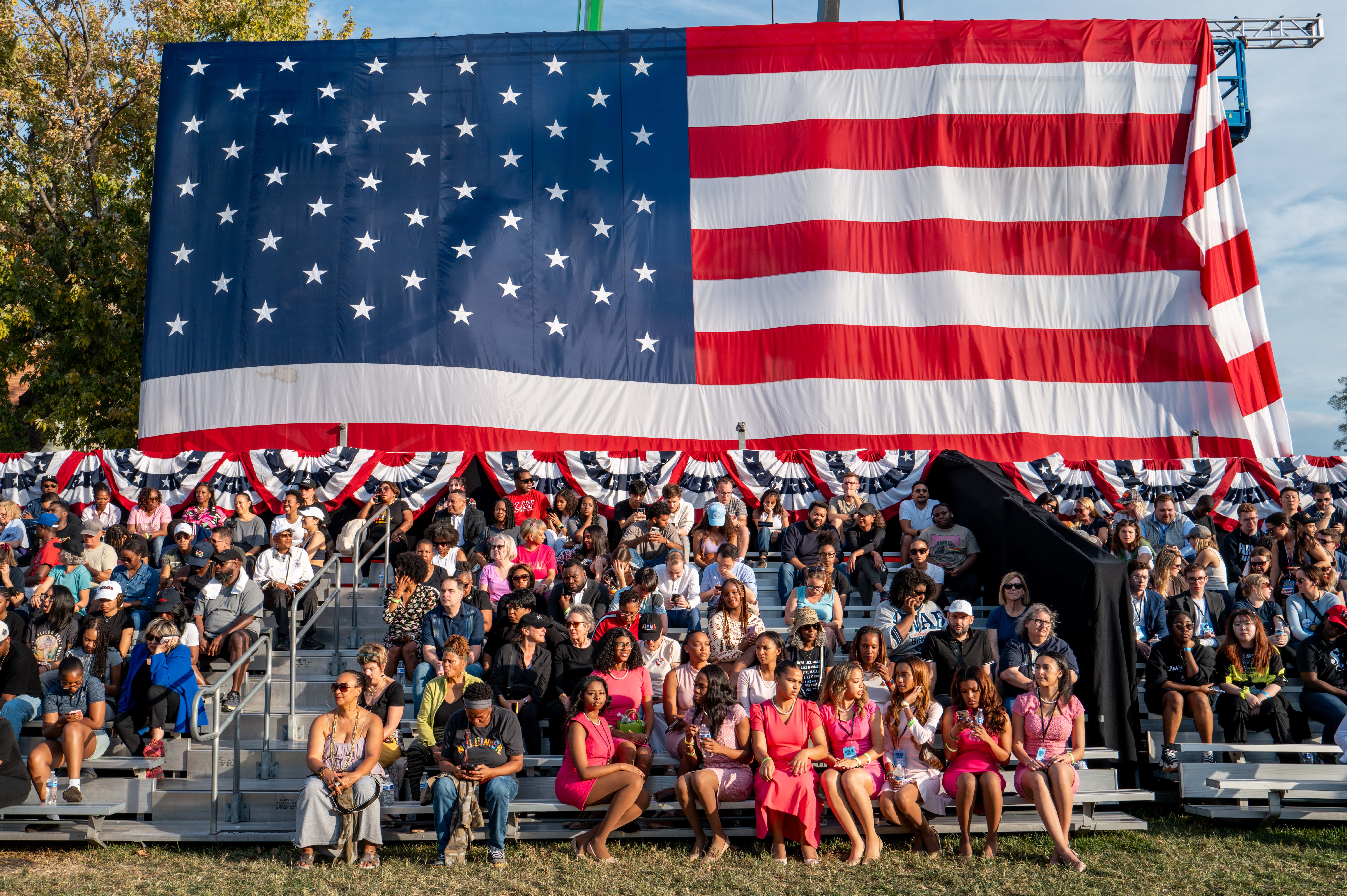Americans may not see the name “Jean-Jacques Rousseau” printed on their ballots when they vote, but the Genevan philosopher is there nonetheless. A little more than 250 years ago, Rousseau identified corrupt institutions as the source of mankind’s alienation and anxiety. Our benevolent nature had been twisted against itself very early on, as early as the first development of private property.
Property, commerce, government, religion, and social status set us at war with our own hearts as well as with one another. The only remedy for this cruel condition, Rousseau proposed, would be for human beings to take conscious political command of their social environment, subjecting every institution to the general will. To allow people to rediscover their inherent goodness and capacity to act politically, to remind them of who they should really be and what they could do, was the task of a wise outsider, a lawgiver—a philosopher very much like Rousseau. Guided by his counsel, a people could throw off the chains of its own social order.
The particular form that the Rousseauistic impulse has taken in the radical movements of the last two and a half centuries has varied from one place and time to the next. But the core has remained the same, whether Jacobins were renaming the months of the year and replacing Christianity with a cult of Reason in revolutionary France or communists were seizing the means of production in Russia or China in the first half of the twentieth century.
In the United States, and throughout the West, Rousseau’s ghost has had liberals and progressives as its medium. The Genevan hated parliaments and the beginnings of the original liberalism in his own time. But liberals from the mid-nineteenth century onwards adopted Rousseau’s vision of social and moral emancipation and increasingly came to accept state power as a necessary means to advance it. Instead of a single mythical lawgiver, an enlightened scientific caste would liberate humanity from its traditions and mistaken notions of its own nature. Social scientists would educate administrators and experts of every kind who would guide government impartially, without recourse to the vulgar and corrupted opinions of the unreconstructed public. “Democracy” would mean only voter approval after the fact of the progressive and scientific policies upon which the enlightened elite had already decided.
The trick to the general will is that it’s ultimately the philosophical legislator’s will, which the people are taught first to internalize and then politically enact. Progressive liberal democracy employs the same principle. Education and propaganda, much of it styled as journalism, promotes a morally revolutionary attitude toward old authorities and institutions, which the progressive blames for every injustice and dissatisfaction, including above all the existence and persistence of inequality in every form. If citizens will just give political power to the most intelligent and morally sensitive liberal leaders, these evils can be overcome. Family, marriage, property (especially in its oldest forms), social and cultural hierarchy, and ultimately even biology itself need no longer tyrannize us or fragment our feelings and consciousness.
Both of America’s leading political parties have at times been vehicles for this ideology, and one of them has become wholly possessed by it. Voters have not always had a meaningful choice before them. And the symptoms of what Rousseau’s latter-day disciples diagnose as our illness are often real enough. Human beings have always experienced inner conflict, and anyone can be tempted to believe external forces that can be tamed are to blame for internal turmoil. Politics holds the same promise as pharmacology, to deliver us from pain with a policy or pill.
Edmund Burke was at the opposite philosophical pole from Rousseau, his near contemporary. Burke believed that men are not naturally good, but they are made better by institutions that have developed over centuries. To replace the wisdom of the ages, as embedded in church, state, property relations, and society writ large, was to risk losing the very things that restrain us from barbarism. And far from splitting our hearts, the teachings and practices of these institutions are our best consolation and reassurance. Burke believed that what Rousseau and France’s philosophes administered—and, in an unmixed form, what England’s own John Locke prescribed, too—was a poison that could only kill the patient. It was the very opposite of the treatment our troubles require.
For all that America’s founders looked to Locke, they looked elsewhere as well—above all to what they had inherited in morality and politics from Christianity, the classical world, and the experience of England and their own colonial forebears. Like Burke, most of them did not share Rousseau’s belief in human goodness as our natural condition, to which we can return through the right kind of government. They were acutely aware of what their anthropological insights foretold for the republic. It wouldn’t last forever.
Yet it could last as long as the people did not surrender self-government for the promise of release from fear, unease, and toil. Citizens would have to be wise enough to realize for themselves the falsity of Rousseau’s philosophy. Although several generations of progressives have taught Rousseauistic doctrines as truths beyond question, Americans still do not altogether believe them. November’s presidential election affords proof of that. Voters defied enlightened, expert authority, treating it as mere opinion—and self-serving opinion at that—that a democratic republic was free to reject. No one would mistake Donald Trump for Edmund Burke, but by electing him the American people voted against Rousseau.














